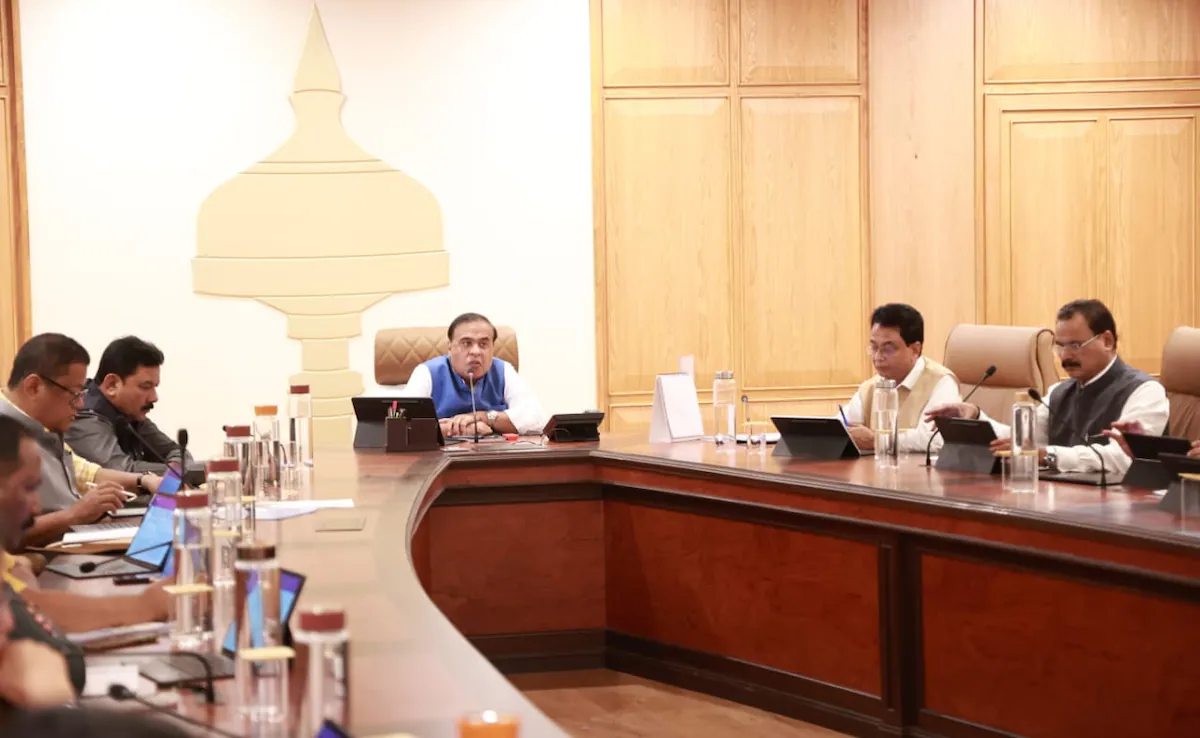The Assam Healing (Prevention of Evil) Practices Act, 2024, is a legislative measure designed to curb non-scientific healing practices. Enacted to prevent exploitation and safeguard public health, the Act has sparked debates on its scope and implications.
Defining Evil Practices
Under the Act, “evil practices” refer to healing methods that exploit individuals. This broad definition includes various traditional healing techniques, such as Ayurveda and religiously rooted practices. The vague wording creates a risk of misinterpretation, potentially leading to the criminalization of culturally significant healing traditions.
Religious Freedom Concerns
One of the major criticisms of the Act is its failure to differentiate between superstition and legitimate religious practices. Terms like “ulterior motives” remain undefined, raising concerns about possible encroachments on religious freedom. Faith-based healing rituals, including prayer for the sick, could now be subject to legal scrutiny.
Legislative Context
The state government justifies the law as a measure to curb perceived evangelism associated with healing practices, arguing that some methods promote religious conversion. However, groups like the Assam Christian Forum argue that the law misrepresents prayer as magic healing, diminishing its spiritual significance.
Comparative Perspective
Other Indian states have enacted similar laws with varying levels of restrictions. The Karnataka Prevention and Eradication of Inhuman Evil Practices and Black Magic Act, 2017, explicitly exempts religious practices. Maharashtra’s legislation takes a targeted approach, addressing harmful practices while distinguishing them from religious rituals.
Traditional Healers and Healthcare Access
In Assam’s rural areas, where healthcare infrastructure remains weak, many people rely on traditional healers for immediate relief. Limited medical access forces communities to turn to alternative healing methods. Rather than criminalizing these practices, improving healthcare infrastructure could be a more effective solution.
Implications of Assam Healing Practices Act
The Act raises significant questions about state intervention in healing practices. While protection against exploitation is crucial, the vague definitions within the law may inadvertently threaten religious freedoms. Certain communities, especially Muslim and Christian healers, could be disproportionately affected. Addressing the root cause—lack of accessible healthcare—would be a more balanced approach.
Cultural and Social Context
The debate between traditional healing and modern medicine is not new. Traditional practices often provide psychological and communal benefits. Instead of outright bans, promoting scientific awareness alongside cultural respect would be a more effective way to bridge the gap between tradition and modern healthcare.




